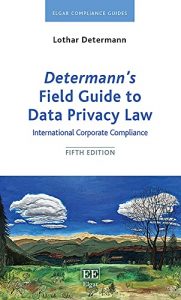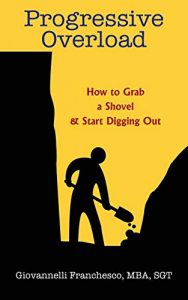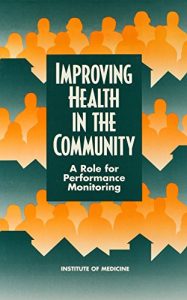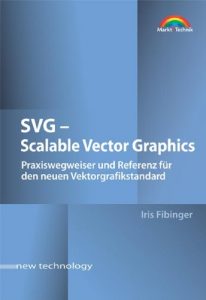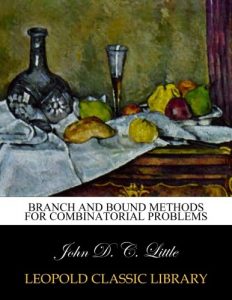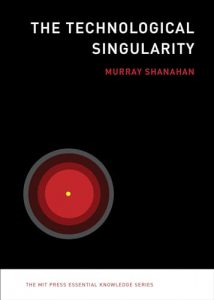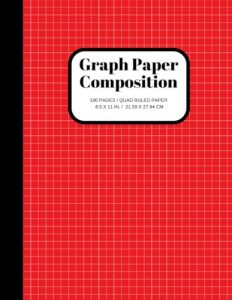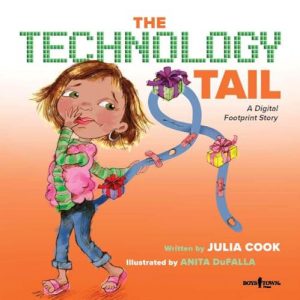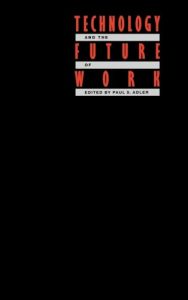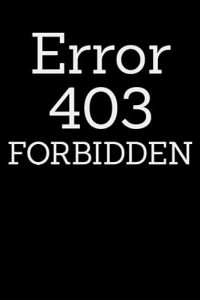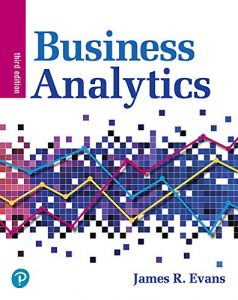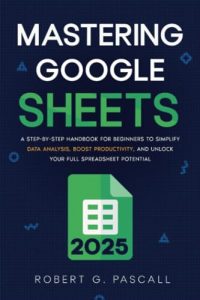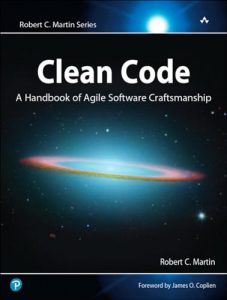Introduction to the Semantic Web
The Semantic Web promises to revolutionize our interaction with the internet by enriching data with meaningful connections. This innovative concept goes beyond simple keyword searches, allowing for greater understanding between machines and humans alike. With a plethora of resources available, diving into the Semantic Web has become essential for professionals eager to leverage data effectively. Whether you are a seasoned professional or a curious beginner, the following selection of books will guide you through this intricate yet fascinating field.
Understanding the principles of the Semantic Web can change the way you think about data architecture, linked data, and the future of intelligent applications. From technical insights to foundational knowledge, these books promise to enrich your comprehension and empower your projects. So let’s explore some must-have literature that can unlock the power of the Semantic Web.
Featured Books
Semantic Web for the Working Ontologist: Effective Modeling for Linked Data, Rdfs, and Owl (ACM Books)
The Semantic Web for the Working Ontologist is an essential resource for anyone serious about mastering the Semantic Web. Authored by senior professionals, this book delves into effective modeling strategies using RDFS and OWL, making complex concepts accessible. It’s perfect for both theoretical understanding and practical application, enabling readers to construct rich data models that align with industry standards. This book is a cornerstone in any Semantic Web toolkit—perfect for both novices and advanced users looking to enhance their skill set in linked data modeling.

Semantic Web for the Working Ontologist: Effective Modeling in RDFS and OWL
Continuing the trend of practical insights, this title focuses on applying RDFS and OWL effectively. It presents both a theoretical foundation and practical guidance, making it invaluable for data professionals seeking to enhance their semantic data modeling capabilities. This book not only serves as a textbook but also as a reference for ongoing projects. With clear examples and structured content, it demystifies the intricacies of the Semantic Web.

Programming the Semantic Web: Build Flexible Applications with Graph Data
If you are looking to apply the principles of the Semantic Web programmatically, Programming the Semantic Web is your go-to guide. This practical book showcases how to leverage graph data to create flexible applications in the modern digital landscape. It offers hands-on examples that elevate your understanding from theoretical to practical, making it a favorite among developers and data scientists alike. Don’t miss out on the chance to harness the potential of graph data to remodel your applications.

A Semantic Web Primer, third edition (Information Systems)
Aimed at newbies and those looking to brush up their skills, this primer serves as a clear introduction to the concepts behind the Semantic Web. The third edition has been updated to reflect recent technological advances, offering fresh insights and applications. It is a structured overview that helps readers grasp essential topics, making it perfect for those who desire a rapid yet comprehensive understanding of the web of data.

Foundations of Fuzzy Logic and Semantic Web Languages (Chapman & Hall/CRC Studies in Informatics Series)
The Foundations of Fuzzy Logic and Semantic Web Languages offers a unique approach to understanding the intersecting realms of fuzzy logic and the Semantic Web. For readers interested in advanced applications, this book bridges the gap between theoretical constructs and practical applications, shedding light on fuzzy logic’s role in semantic frameworks.

Mastering SPARQL: Querying the Semantic Web with RDF
SPARQL is a powerful query language for RDF data, and Mastering SPARQL is your key to unlocking its potential. This book offers intricate details on constructing queries that allow you to retrieve complex data effortlessly. Ideal for data scientists and developers, this resource goes beyond the basics, equipping you to handle real-world challenges effectively.

The Semantic Web Explained: The Technology and Mathematics behind Web 3.0
This book is a treasure trove for those eager to understand the mathematical foundations and technologies that enable the Semantic Web. The Semantic Web Explained not only describes how the Semantic Web works but also elucidates the concepts that drive Web 3.0. By diving into this literature, readers can gain a competitive edge in navigating the digital landscape.

Semantic Web for Beginners: A Beginner’s Guide to Understanding Linked Data, Ontologies, and Their Applications in a Smarter Web
If you’re starting your journey into the Semantic Web, this book provides a user-friendly introduction to linked data and ontologies. Semantic Web for Beginners breaks down complex terms into digestible concepts, making it an excellent guide for novices. This resource helps readers connect the dots in the rapidly evolving digital landscape.

The Semantic Web: A Guide to the Future of Xml, Web Services, and Knowledge Management
The Semantic Web is a visionary text that outlines how the future of XML and web services will evolve through knowledge management strategies. This resource is essential for anyone invested in understanding the broader implications of the Semantic Web on industries and marketplaces. It serves as a standard reference for best practices and futuristic insights.


















